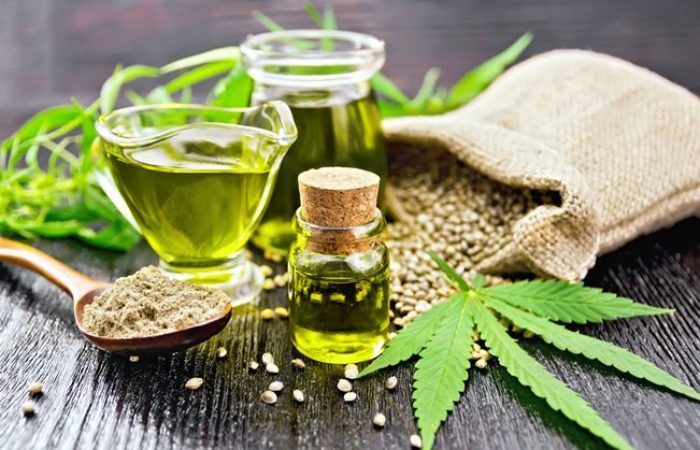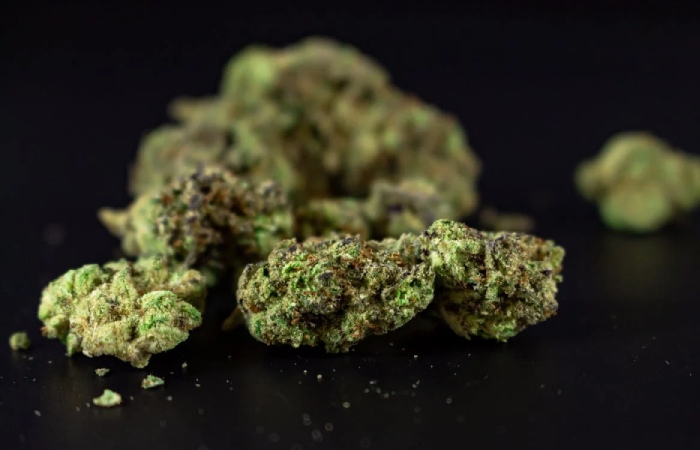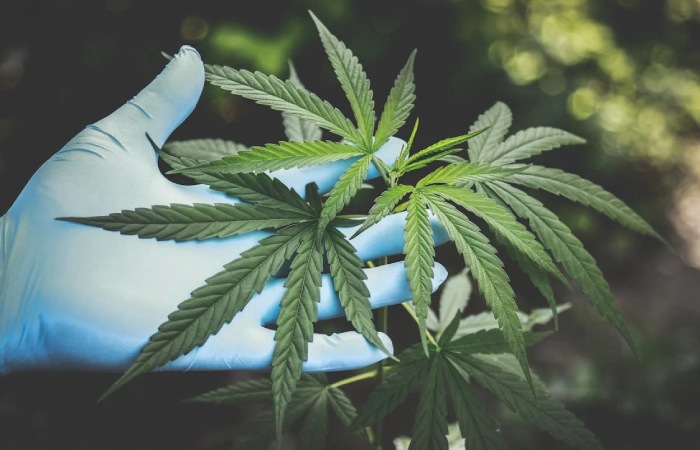In Fiji, marijuana is entirely illegal, reflecting the country’s commitment to a zero-tolerance policy on drugs.
Possession, cultivation, and delivery of cannabis for recreational or medical use are illegal and can result in serious legal consequences. Despite harsh penalties, marijuana is one of the most widely used drugs in Fiji, and cannabis is currently decriminalized in the Pacific island nation.
Medical Marijuana Laws in Fiji

Marijuana is an illegal Schedule 1 drug in Fiji under the Illicit Drugs Control Act 2004.
Possession and use of cannabis carries a mandatory three-month jail sentence for any amount up to 100 grams.
Fiji does not have a medical marijuana package. However, the Pacific Island nation’s Dangerous Drugs Act allows licensed professionals to possess and supply the drug for medical purposes.
These drugs include Indian hemp, a term used by Fijian politicians to describe the Cannabis sativa and Cannabis indica plants.
According to the law, registered pharmacists can produce Indian hemp extracts or tinctures, provided they keep the materials locked up and accessible only to themselves or their registered pharmacist assistants.
However, it is unclear whether this is common practice, as no other sources mention access to pharmaceutical cannabis in Fiji.
What to Know About Medicinal Cannabis in Fiji
Many countries identify the therapeutic properties of cannabis and have medical marijuana programs to help patients. Fiji does not appear to be one of them.
The use or possession of cannabis, including marijuana, for personal medical purposes is illegal in Fiji.
Ownership of cannabis can result in a prison sentence of up to 20 years, contingent on the quantity and the offender’s criminal history. Possession of even small amounts is punishable by a minimum three-month prison sentence.
Cannabis, however, is a different story.
Fijian representatives and members of parliament, such as the Hon Linda Tabuia and the Hon Niko Navaikula, have long expressed support for investment in industrial hemp as a spare for the declining sugar industry.
And in August 2022, parliament decriminalized hemp, clear as cannabis containing less than 1% THC.
The new amendment eliminates hemp from Schedule 1 of the Illicit Drugs Control Act, allowing it to be imported, possessed, grown, sold and supplied.
Medical Cannabis and the Black Market

Fijians seeking marijuana for medical or recreational purposes can also try their luck on the black market. According to the Fiji Sun, illegal marijuana can be easily obtained in several ways:
In rural areas, farmers use ingenious methods, hiding marijuana leaves inside flowering English cabbage.
Some traders use abandoned bean carts as hideouts, allowing them to sell their wares undetected. The transaction process is simple: customers walk up to the cart and order a joint for $5.
Urban barbecue stands also serve as open venues for black-market marijuana sales. Fiji is also a significant basis of drug trafficking between Pacific island countries. Smuggling methods extend to inter-island ferries, where people, including women with children, hide drugs in nappies.
The widespread availability of cannabis on the underground market means that people can access marijuana for any purpose but face potentially harsh penalties and products of dubious quality.
Calls for Legalization
Several Fijian groups have called for the legalization of marijuana, particularly for medicinal purposes and as an alternative industry to support economic recovery.
Several forums, including the National Budget Consultation and the National Development Plan for the Post-COVID-19, have considered the potential benefits of legalizing marijuana.
There has also been academic debate about making marijuana a viable industry in Fiji.
Despite these calls, the Fijian government leftovers committed to preventing the cultivation, production, and consumption of high-THC cannabis.
Can You Grow Cannabis in Fiji?

Growing marijuana in Fiji is illegal.
People who grow up to ten cannabis plants at home face jail terms of three months to one year. Offenders caught with between 10 and 50 plants could face up to three years in prison. And 50 or more plants are punishable by two to fourteen years in prison.
Penalties for cannabis trafficking in Fiji are also significant, with offenders facing prison sentences ranging from six months to fourteen years, depending on the amount.
Police officers can also capture and detain anyone found carrying or transporting cannabis without a warrant.
On the positive side, the recent Industrial Hemp Decriminalization Bill in Fiji allows licensed growers to grow the crop throughout the country.
Bottom Line
Marijuana is currently illegal in Fiji for medicinal and recreational use. The use, possession, cultivation, and delivery of cannabis are prohibited under the current cannabis laws.
However, cannabis remains one of the most popular illicit drugs in Fiji, and patients seeking cannabis-based medications can purchase them from licensed pharmacies.
In addition, patients will soon be able to access CBD products for personal use, thanks to the recent Industrial Hemp Decriminalization Bill.


